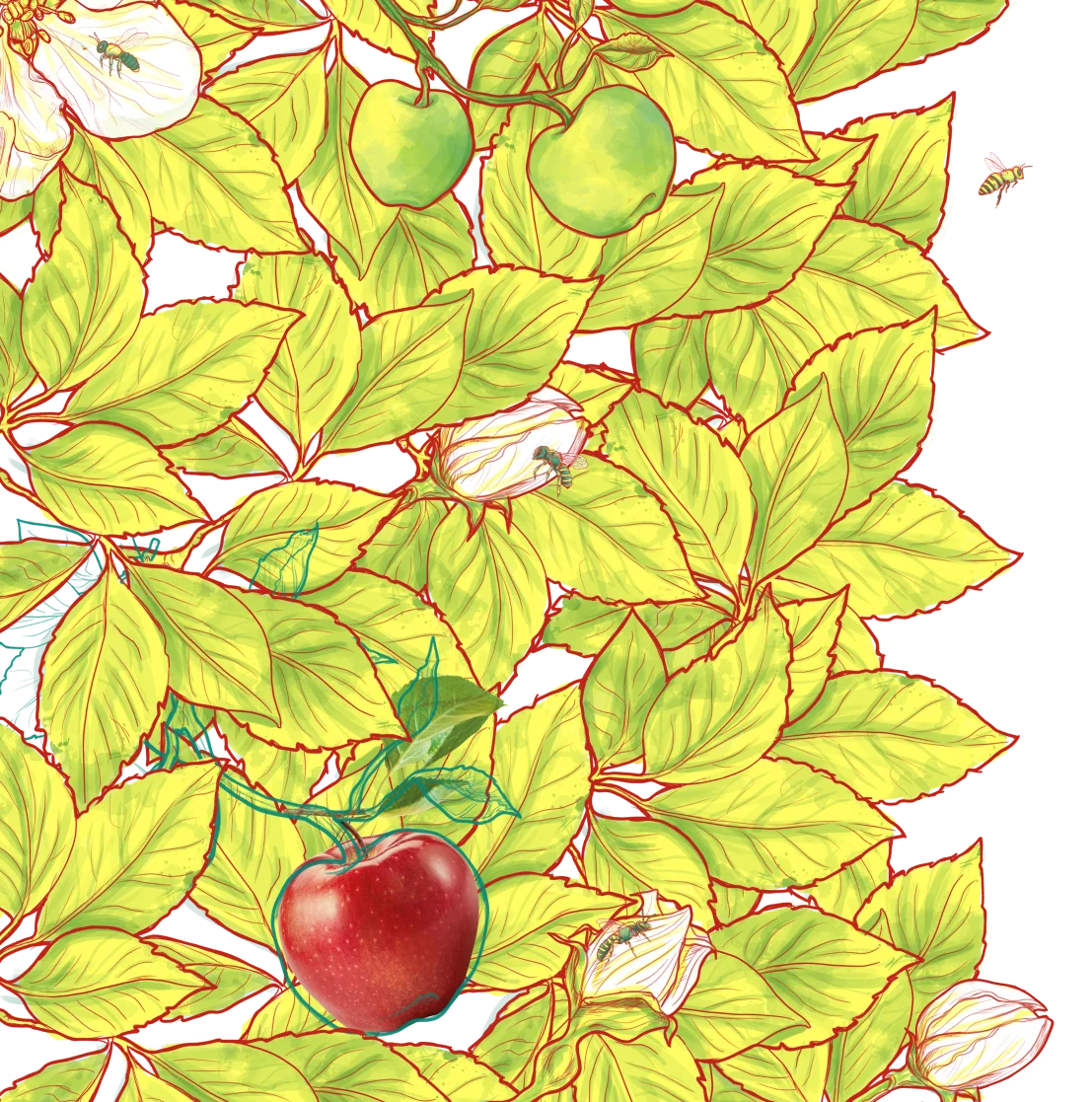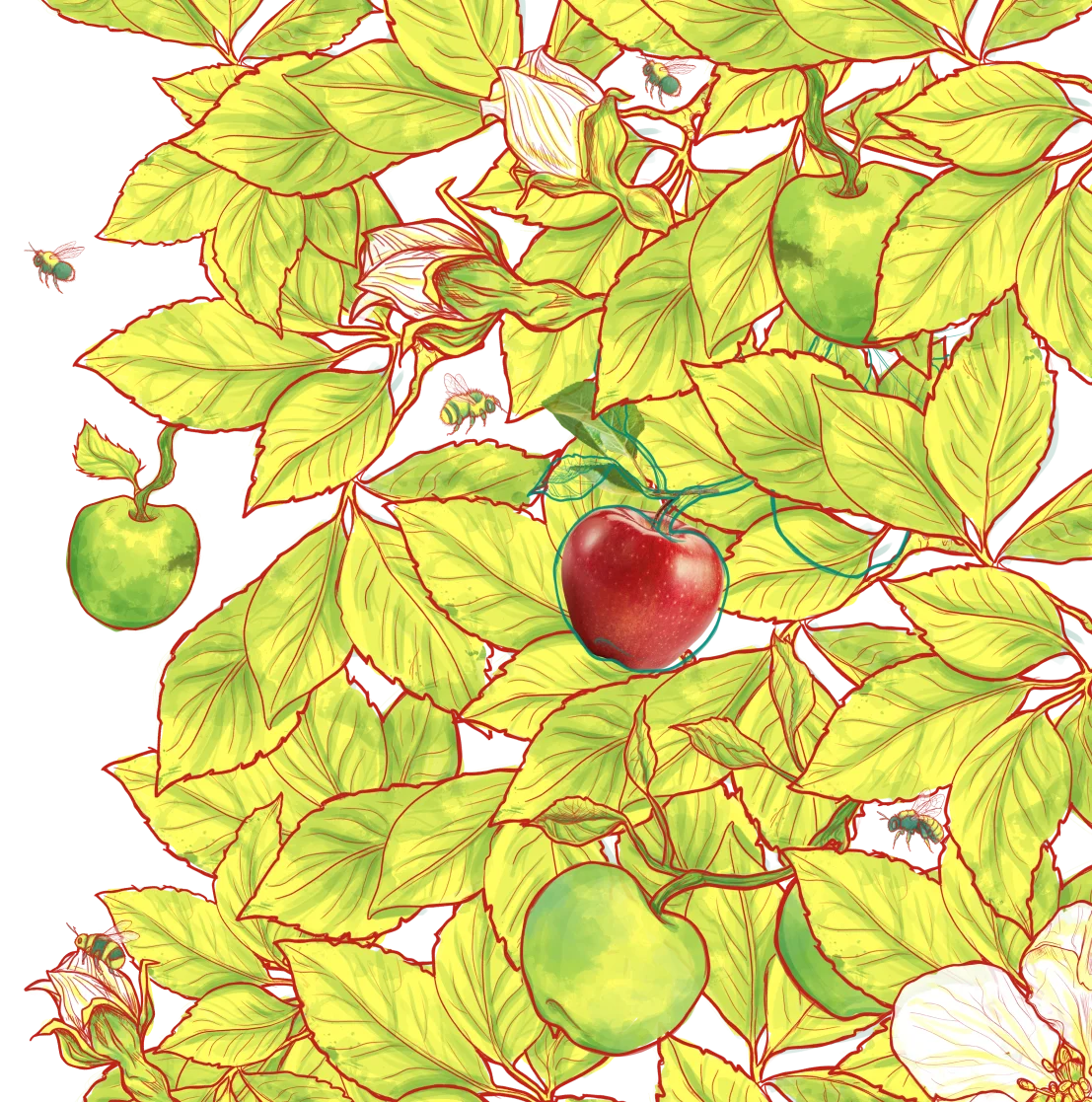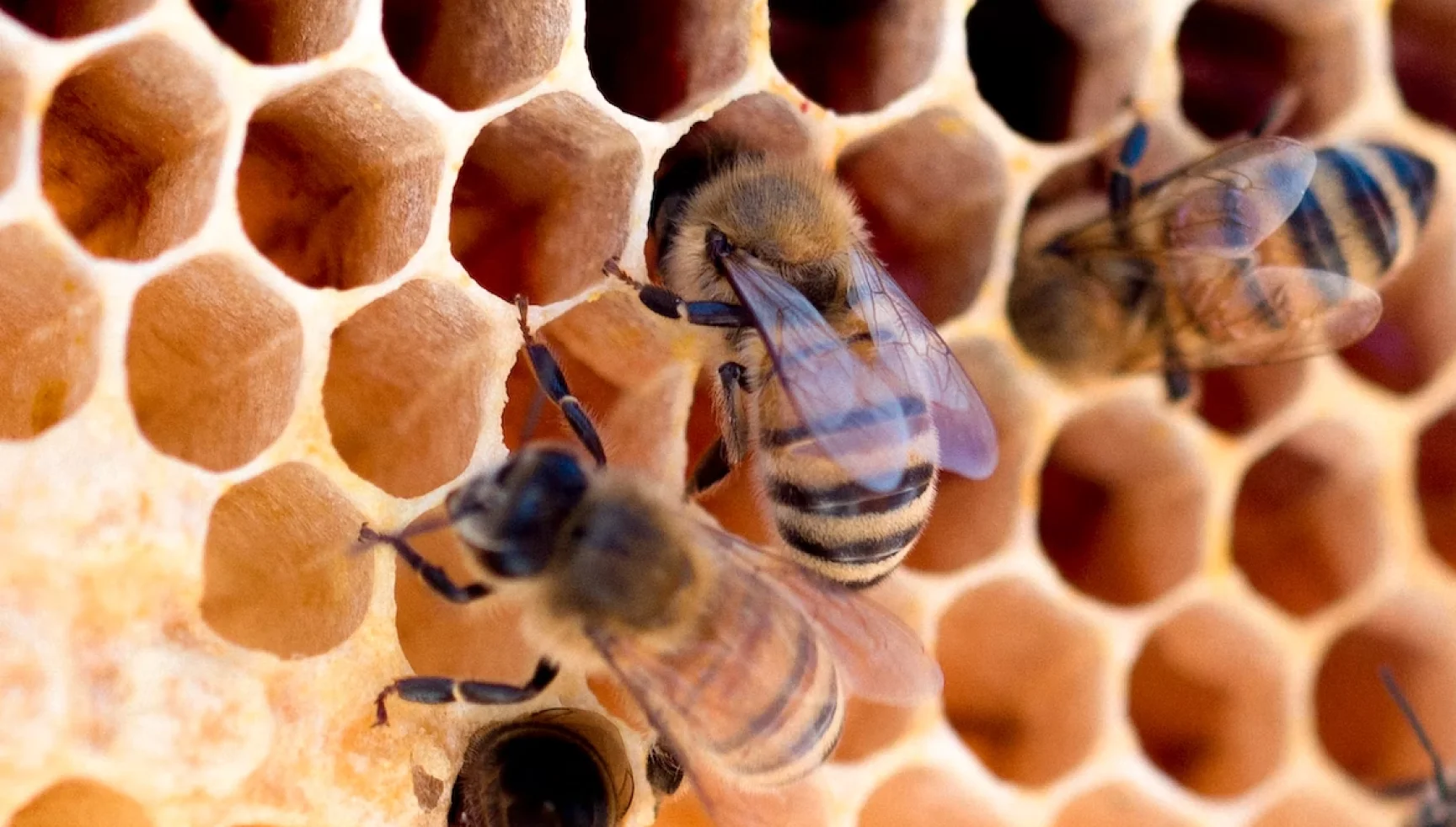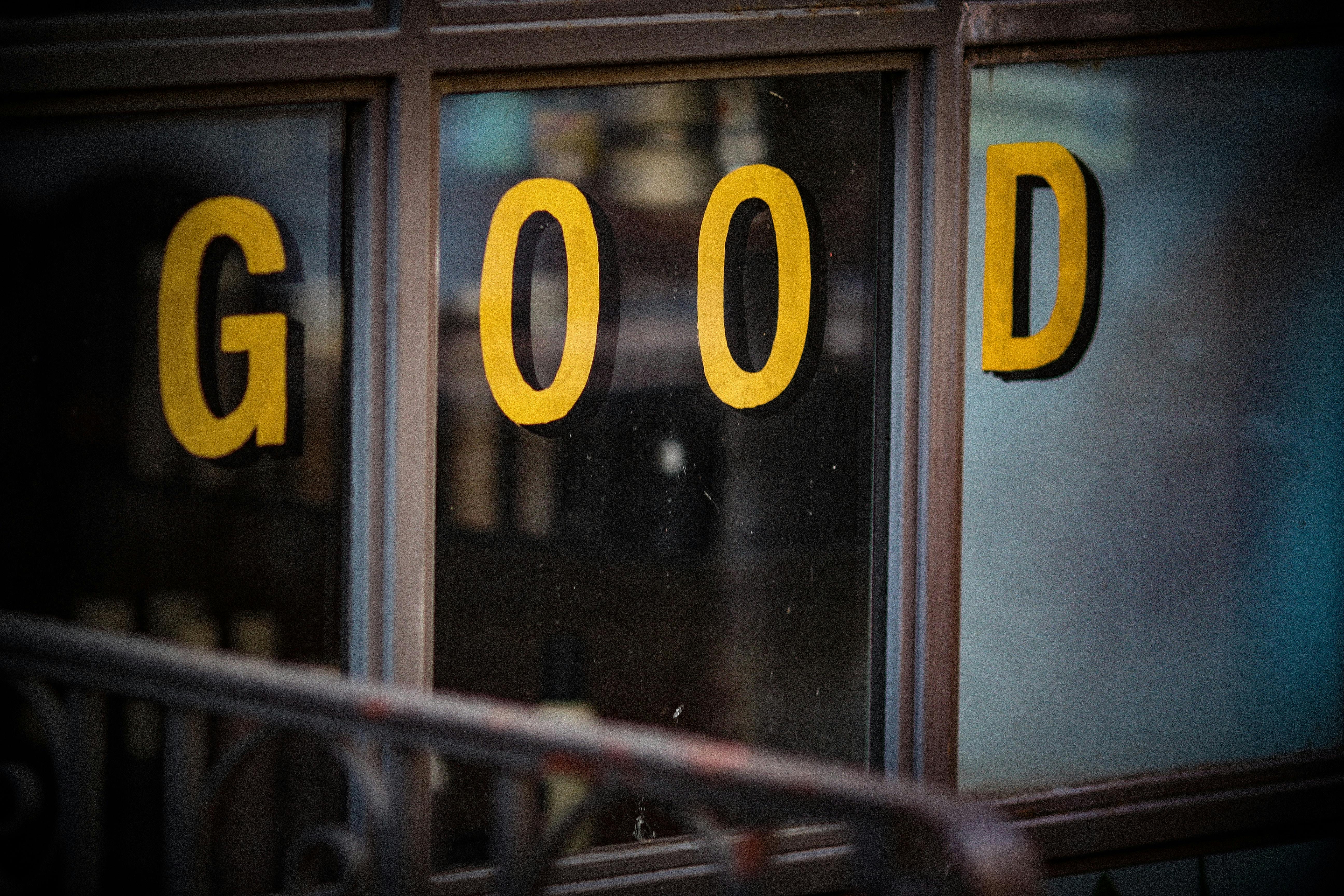

The UK’s smallest bee. The females mainly collect pollen from bellflowers and nest inside woodworm holes in dead wood. The males sleep inside flowers.
The Bees
July
2023-07-02Save The Bumblebees
I think there are few more important issues than communicating to society, to our future generation, to everyone, why protecting nature matters and for me as CEO of the Bumblebee Conservation Trust, its why pollinators matter and why the Bumblebee should matter to all of us – personally. Thank you Avallen for giving me this space to share my love of bumblebees.
Bumblebees are beautiful, they are charismatic, charming creatures, and they need our help to reverse their declines. Unlike honeybees, which are domesticated and not at risk of extinction or decline, two of our bumblebee species are on the edge of disappearing completely. That sounds dramatic and I’m often asked, (mostly by journalists I have to say) - why should it matter to us if we have a few less species? There are after all 24 species of bumblebees.
The simple answer is that we are connected to and deeply dependent on other species. From pollination of our crops, to carbon storage by our forests, and even bacteria in our mouths, we rely upon this biodiversity for our very existence. We neglect this at our peril.
And of course, there are equally justified arguments for keeping species based purely on their aesthetic and cultural importance – or in my words FOR THEIR OWN SAKE.
Sometimes when we hear about extinctions – and goodness has it ratcheted up the news recently, they tend to paralyse us rather than jolting us into action. But I want to applaud all those businesses and in particular Avallen, who have made steps to ensure our planet and our pollinators are respected and protected. Some of those steps seem small in comparison to the huge problems but every positive action count.
To put the importance of these lovely creatures into a financial context; (my heart beats faster, as I think we should save these beautiful creatures for their own sake, not what they can do for us humans), but as a society we are increasingly dependent on pollinators.
The proportion of global agricultural production that depends on pollinators has increased four-fold since 1961. Much of this dependence is linked to wild pollinators, bumblebees and solitary bees. Where data exists, we are seeing evidence of wild pollinator decline. Over 16 per cent of vertebrate pollinators are threatened with global extinction, 9 per cent of wild bee and butterfly species face local extinction and available National Red Lists show up to 50 per cent of bee species assessed are nationally threatened.
Pollinators of course provide a crucial service to nature and humans. Pollination directly affects the yield and/or quality of 75 per cent of globally important crops. The annual contribution of pollinators to the global economy is estimated at US$ 235–577 billion1.
Insects contribute over £700 million per annum to the UK economy and in doing so prop up the £108 billion per year food and drink industry in Britain.
A diverse range of animals provide pollination services, including birds, bats, and other species, but the most important pollinators are insects. Among insect pollinators, bees are the largest and most important group, especially for crop production. Five to eight per cent of global crop production would be lost if pollination services from animals ceased and the area of land required to compensate for such a production deficit would be several times higher than the current land used for agricultural purposes.
Positive Action!
I know from previous audience research the Trust has done, that there are thousands and thousands of individuals who will act for bumblebees if given the right support. These are people who are environmentally minded and keen to make a difference in their local areas. They also view bumblebees’ decline as a serious issue, but don’t yet know how (or why) to act for these charismatic insects.
Our project, Bee the Change, gives you that gateway to saving bumblebees. It is a micro-actions campaign aims to engage by providing quick, simple ways people across the UK can make their postcode more bumblebee-friendly, with little input in terms of time and money.
Now in its third year, Bee the Change offers over 40 free online resources, containing easily digestible information about bumblebees and a wide variety of simple, practical micro-actions supporters can take in their local areas.
Actions include growing bee-friendly plants, other positive gardening activities (for example letting your grass grow or making space for bumblebee nests), spreading the word about bumblebees, drinking Avallen 😊, spotting local species, and, for the most enthusiastic, supporting our charity by buying merchandise, donating or joining as a member. Anyone with a UK postcode can also pledge to Bee the Change for free.
Finally, it may not sound it but I am an optimist. We can all feel optimistic if we are willing to imagine new ways of doing things – just look at the impact Avallen has made changing from glass to paper bottles! The issue isn’t technology or money, it is political will and consumer choice. We humans have a knack for solving the most vexing challenges….just in time. History has shown that many people taking small steps together can achieve miraculous advances and that it is the unsung hero’s who ultimately create change- and we are all unsung hero’s who are saving the bumblebees









